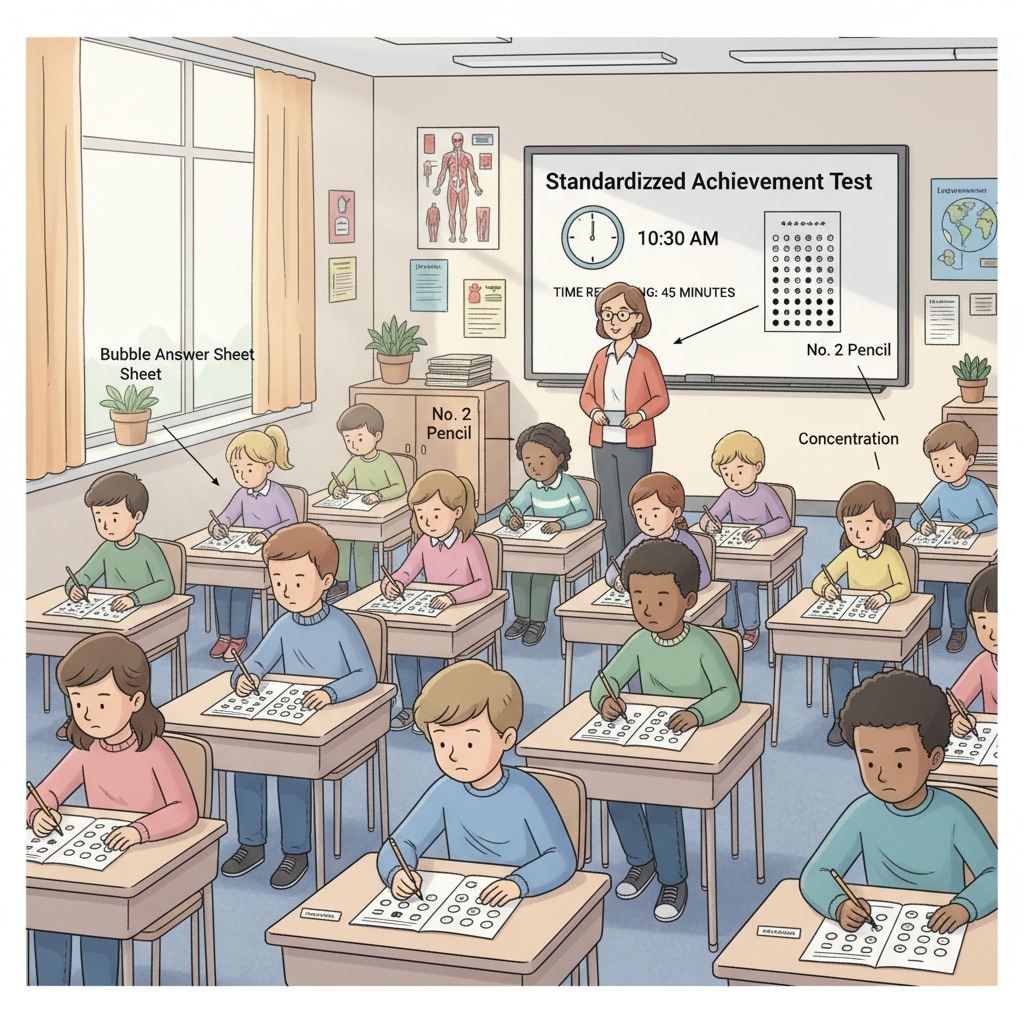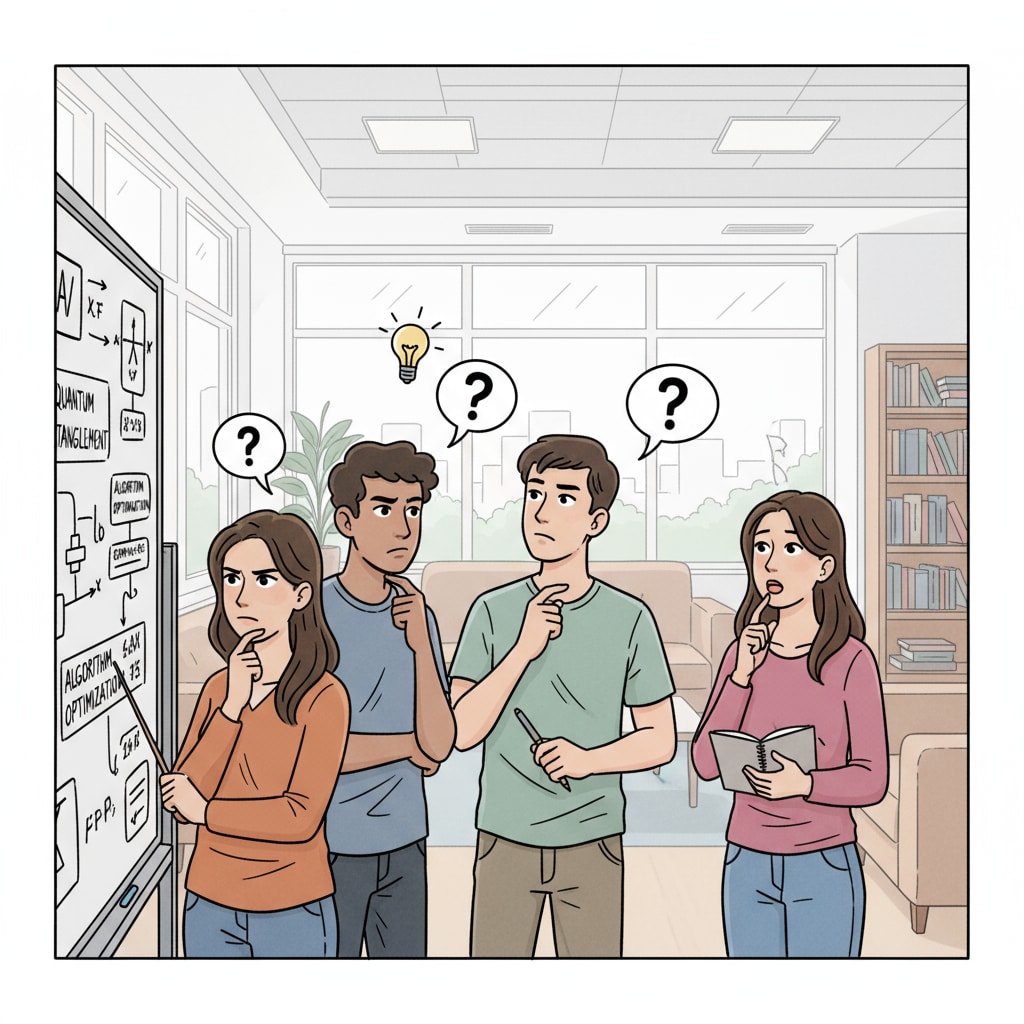Standardized tests, memory, critical thinking, and learning assessment are concepts that have long been intertwined in the realm of education. For decades, standardized tests have been the cornerstone of educational evaluation, but their ability to accurately measure students’ true learning capabilities has come under scrutiny. These tests often place a heavy emphasis on rote memory, leaving little room for the assessment of critical thinking skills, which are essential in the modern world. Standardized tests on Wikipedia

The Over – Reliance on Memory
One of the most significant drawbacks of standardized tests is their over – reliance on memory. These tests typically consist of multiple – choice, fill – in – the – blank, or short – answer questions that require students to regurgitate facts and information they have memorized. For example, a history test might ask students to recall the dates of important events or the names of historical figures. While memory is an important part of learning, it is just one aspect. Relying solely on memory – based questions fails to assess a student’s understanding, analysis, and synthesis of knowledge. As a result, students may be able to perform well on these tests without truly comprehending the subject matter. Education on Britannica
The Neglect of Critical Thinking
Critical thinking is the ability to analyze, evaluate, and form judgments about information. It involves asking questions, considering different perspectives, and making logical connections. However, standardized tests rarely provide opportunities for students to demonstrate their critical thinking skills. The format of these tests often restricts students to choosing from pre – determined answers, leaving little room for them to express their own thoughts and ideas. For instance, in a literature test, instead of being asked to analyze the themes and symbols in a novel, students may be asked to select the correct interpretation from a list of options. This not only stifles creativity but also fails to measure a student’s ability to think critically and independently.

In addition to memory and critical thinking, standardized tests also struggle to assess other important aspects of learning, such as problem – solving and creativity. Problem – solving requires students to apply their knowledge and skills to real – world situations, while creativity involves generating new ideas and approaches. These skills are crucial for success in the 21st century, yet they are often overlooked in the design of standardized tests.
So, what can be done to address these limitations? Education policymakers and educators need to work together to develop more comprehensive and effective learning assessment systems. This could involve a combination of different assessment methods, such as project – based learning, portfolios, and performance assessments. These alternative methods can provide a more holistic view of a student’s learning abilities, including their critical thinking, problem – solving, and creativity.
Readability guidance: As seen above, we have used short paragraphs to clearly present the problems and potential solutions. Each H2 section has a focused discussion, and we’ve included external links to reliable sources for further exploration. Transition words like ‘however’, ‘in addition’, and ‘for example’ have been used to enhance the flow of the text.


